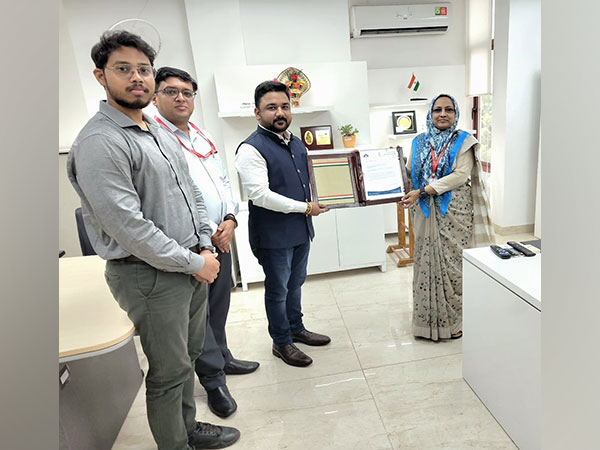CNLABS, a premier global test lab, is proud to announce its recognition by the Bureau of Indian Standards (BIS) as the first private laboratory authorized to test CCTV cameras for compliance with the Essential Security Requirements (ESR) prescribed under the Indian Standard IS 99999:2024. This milestone marks a significant step in strengthening India’s national security framework by ensuring that surveillance cameras deployed across critical sectors meet stringent security standards.
With rising concerns about the infiltration of surveillance devices manufactured by foreign entities posing serious risks to India’s security infrastructure, the Government of India has made security testing mandatory by amending the compulsory registration order (CRO) for CCTV systems. With over 80 per cent of CCTVs in India of foreign origin, including installations in sensitive military and government establishments, implementation of these new standards is crucial to safeguarding the nation from potential espionage and data theft. This development comes at a time when the global CCTV market is expected to grow to $46.52 billion by 2030, positioning India as a key player in securing this rapidly expanding sector.
Krishna Kumar Lahoti, Director of CNLABS, emphasized the lab’s commitment to national security: “We are deeply honoured to become the first BIS-recognized lab for CCTV security testing and grateful to the Government of India for implementing these vital regulations. This achievement highlights our dedication to safeguarding India’s critical infrastructure by ensuring all surveillance systems meet the highest security standards. CNLABS now provides comprehensive security testing services for telecom, IT, OT, and IoT products, in line with both national and international standards, reflecting our vision of making India a global certification testing hub”
The Essential Security Requirements from BIS emphasize crucial aspects of data security and privacy, ensuring that CCTV systems protect sensitive information. Sebastien Ziegler, President of the IoT Forum and Privacy Symposium, underscored the significance of this regulation: “By testing CCTV systems and ICT infrastructures for safeguarding the privacy and data security of over a billion citizens constitutes a landmark development. Innovative labs such as CNLABS will play a central role in putting their expertise in cybersecurity and advanced networking technologies to the service of the regulation, and in ensuring that surveillance systems adhere to the highest standards of data protection”.
The new security regulation introduces comprehensive security requirements for CCTV systems, covering physical security, access control, network encryption, software updates, and penetration testing to ensure resilience against cyber threats.
The regulations are expected to come into effect on October 9, 2024. With a dedicated team of certified security professionals trained to ensure compliance with these regulations, CNLABS is ready to play a critical role in enhancing the security of surveillance systems across India by working with manufacturers, government agencies, and private sector stakeholders to ensure compliance with the new security standards.
CNLABS is an independent, vendor-neutral test lab offering industry certifications, regulatory compliance testing, interoperability and third-party certification testing for product vendors, enterprises, and service providers. CNLABS is accredited by NABL (ILAC) and meets the globally recognized ISO/IEC 17025:2017 standard assuring quality and competency of the lab, personnel, and test results. CNLABS is approved by TEC India (MTCTE), NIST (USGv6-r1), IPv6 Forum (IPv6 Ready Logo), SIRIM (Malaysian IPv6 Regulation) and other certification bodies.
Visit https://www.cnlabsglobal.com/bis-cctv for more information.
Disclaimer: While we strive to ensure the accuracy and reliability of the information provided on this website, we do not guarantee its completeness, accuracy, or reliability. The views and opinions expressed in the articles are those of the authors and do not necessarily reflect the official policy or position of www.newsproject.in. Readers are encouraged to verify the information independently before acting on it.

